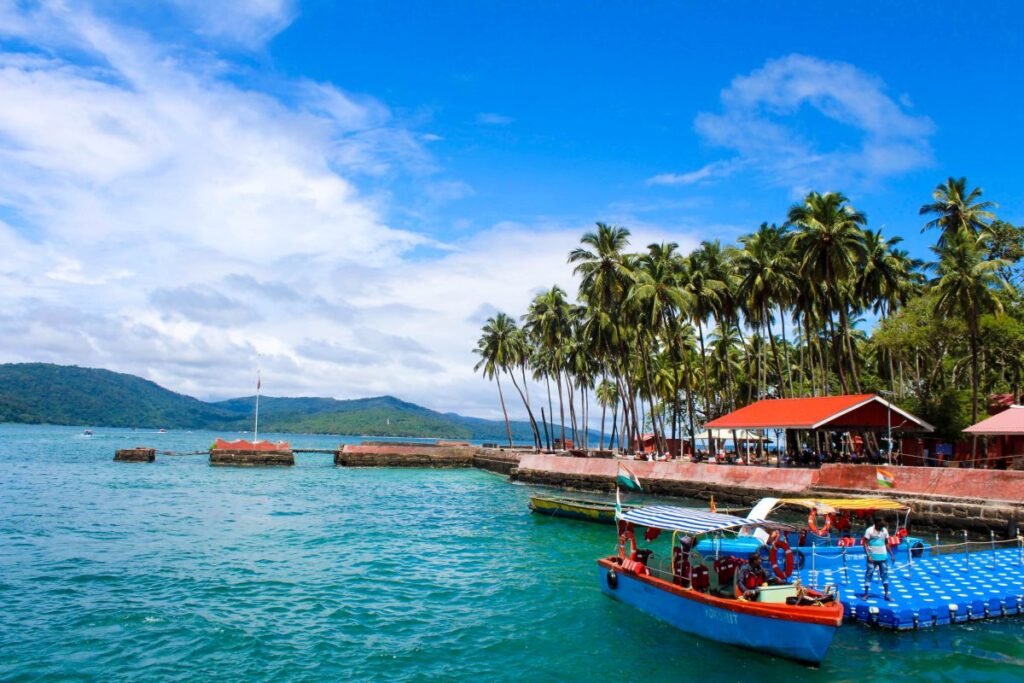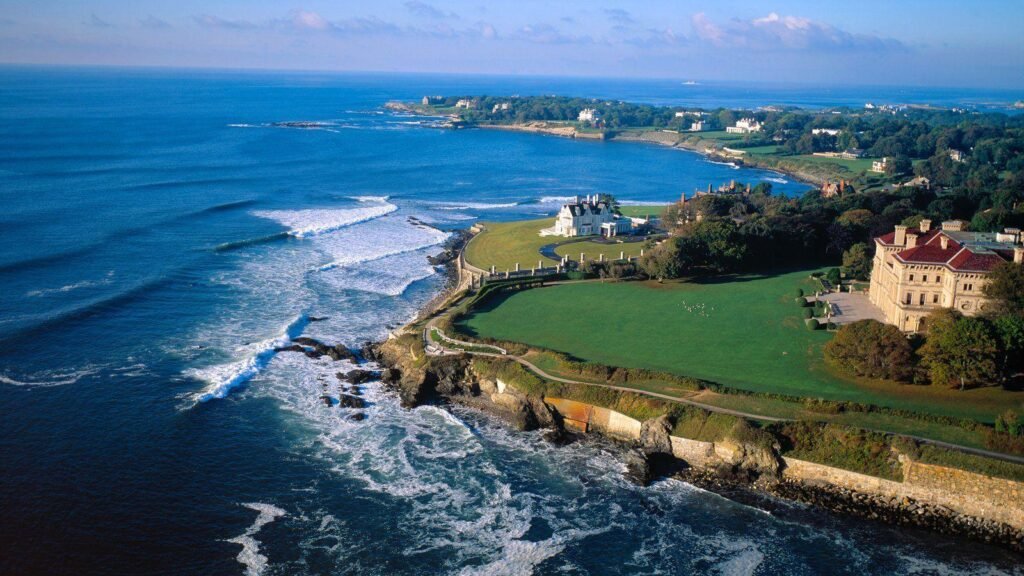On Friday, 13 September, Union Home Minister Amit Shah announced that the capital of the Andaman and Nicobar Islands, Port Blair, will now be called “Sri Vijayapuram.” This renaming is not just a simple change in name but a symbolic shift that moves away from the island’s colonial past while embracing India’s cultural heritage and rich history. In this article, we delve into the reasons behind this significant change, its historical context, and what it means for the future of the city and the nation.
A Look Back: Port Blair’s Origins in the British Era
Port Blair’s history is deeply tied to British colonialism. In 1789, the British established a penal colony on the Andaman Islands, which later came to be known for the notorious “Cellular Jail,” or “Kala Pani.” This jail was constructed in the late 19th century to house political prisoners and freedom fighters from India, including prominent figures like Veer Savarkar.
Over time, the Andaman Islands gained strategic importance for the British due to their location in the Bay of Bengal. The name “Port Blair” was given to the settlement in honor of Captain Archibald Blair, a British naval officer who played a key role in the early development of the region. However, the name represented the British legacy, which, after independence, remained a reminder of colonial exploitation and the painful history of India’s freedom struggle.
The Andaman Islands and India’s Freedom Struggle
The Andaman and Nicobar Islands are not just beautiful, isolated islands; they carry immense historical weight in India’s independence movement. The Cellular Jail, known for its brutal conditions, became a symbol of British oppression. Thousands of freedom fighters, including well-known revolutionaries, were imprisoned and tortured here, enduring severe hardships for their role in fighting against British rule.
During World War II, the Andaman Islands briefly came under Japanese occupation, and the Azad Hind Government, led by Subhas Chandra Bose, even took symbolic control over the islands, renaming them “Shaheed” and “Swaraj” Islands. Bose’s government raised the Indian flag on these islands in 1943, marking one of the earliest symbolic assertions of Indian sovereignty. This brief but powerful episode further cemented the islands’ role in India’s freedom struggle.
A New Chapter: The Meaning Behind “Sri Vijayapuram“
The decision to rename Port Blair to “Sri Vijayapuram” carries multiple layers of significance:
Victory and Triumph
The word “Vijay” means “victory” in Hindi, symbolizing India’s triumph over colonial rule. It honors the countless freedom fighters who made ultimate sacrifices for the nation’s independence. The new name stands as a testament to the nation’s enduring spirit of resistance and perseverance.
New Beginnings
The suffix “puram” denotes a settlement or city. Renaming the city represents a new era for the Andaman and Nicobar Islands, free from the shadow of colonial history. It signals a fresh chapter of development, growth, and a future built on India’s values and aspirations.
A Tribute to Freedom Fighters
Sri Vijayapuram serves as a lasting tribute to those who were imprisoned and suffered in the Cellular Jail. It ensures that their sacrifice is not forgotten and continues to inspire future generations.
The renaming acts as a reminder of the islands’ historical significance and the resilience of those who fought for India’s freedom.
Cultural and Historical Reclamation
By moving away from the British-given name “Port Blair,” the renaming is also a broader step towards reclaiming India’s cultural identity. This follows a recent trend in India of renaming cities and towns to reflect local heritage and remove vestiges of colonial influence—similar to how places like Allahabad were renamed Prayagraj.
Significance Behind the Name Change
The renaming of Port Blair to Sri Vijayapuram represents more than just a geographical or administrative change it is a broader move to align the city’s identity with India’s national pride and historical legacy. The shift serves several purposes:
Cultural Reconnection
Many Indian cities, streets, and landmarks still bear the names of colonial figures, but renaming Port Blair reflects a wider cultural effort to reconnect with India’s indigenous heritage and honor its long and diverse history.
Tourism and Identity
The Andaman and Nicobar Islands are a popular tourist destination, and this renaming could also serve as a way to educate visitors about the islands’ historical significance. Sri Vijayapuram will not just be known for its beaches and tropical beauty, but also for its rich history of struggle and victory.
A Step Towards Decolonization
The renaming of cities, institutions, and landmarks that bear colonial names is seen as part of India’s larger process of decolonization reclaiming its history, language, and identity after centuries of foreign rule.
Inspiring Future Generations
The renaming also aims to inspire younger generations to remember the importance of India’s independence movement. The name Sri Vijayapuram symbolizes a commitment to honoring those who fought for India’s freedom, ensuring their sacrifices are remembered for generations to come.
Conclusion
The renaming of Port Blair to Sri Vijayapuram marks a significant moment in India’s journey towards reclaiming its historical identity and honoring the sacrifices of its freedom fighters. More than just a change in name, it reflects a deep cultural shift towards embracing India’s rich heritage and moving beyond its colonial past.
This change not only serves to honor the memories of those imprisoned in the Cellular Jail but also acts as a symbol of India’s victory, pride, and aspirations for the future. As Sri Vijayapuram steps into a new era, it will continue to stand as a beacon of India’s struggle for independence, reminding both its residents and visitors of the country’s rich legacy and the long path it has traveled towards becoming the nation it is today.



